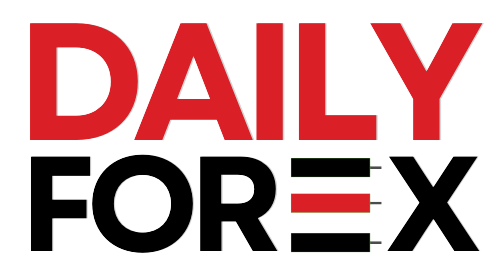In a powerful wake-up call to Pakistan’s economic policymakers, a new report reveals the country is hemorrhaging Rs750 billion in tax revenue every year due to rampant illicit trade and smuggling across vital sectors like tobacco, petroleum, pharmaceuticals, and consumer goods.
The findings, released jointly by the Policy Research Institute of Market Economy (PRIME) and the Transnational Alliance to Combat Illicit Trade (TRACIT), unveil the deep-rooted structural flaws, weak enforcement, and policy gaps enabling Pakistan’s shadow economy to thrive unchecked.
💸 Pakistan’s Hidden Economy Is Draining the Nation
The report, titled “Pakistan’s Battle Against Illicit Trade: An Analysis of Challenges and Pathways to Resilience,” estimates that Pakistan’s informal economy is worth a staggering $123 billion, causing a total tax revenue loss of up to Rs3.4 trillion annually.
From non-tax-paid cigarettes to smuggled fuel and under-invoiced imports, illicit goods have flooded Pakistani markets, damaging both government revenues and legitimate businesses.
📉 Global Rankings Reveal Pakistan’s Enforcement Crisis
According to the 2025 Global Illicit Trade Index, Pakistan ranks 101st out of 158 countries, falling far behind regional peers like:
- India (52nd)
- Sri Lanka (73rd)
- Bangladesh (95th)
Pakistan’s composite score of just 44.5 highlights glaring weaknesses in regulatory enforcement, tax compliance, and supply chain transparency. Despite decent performance in customs and border operations (score: 75.4), internal enforcement remains a critical vulnerability.
🚨 Key Areas of Concern
- Illicit Cigarette Trade: Causing massive tax losses and undermining formal sector players
- Petroleum Smuggling: Eroding legitimate market share and revenue streams
- Counterfeit Pharma & Under-Invoicing: Threatening public health and import data integrity
- Track & Trace Failure: Especially in tobacco, the current system is grossly underutilized
🔧 What Needs to Change? A 360-Degree Reform Plan
The report lays out a comprehensive action plan to reverse the tide of illicit trade:
🧾 1. Reforming the Tax Structure
- Rationalize excise duties and import tariffs
- Avoid over-taxation that incentivizes black-market operations
- Align fiscal policy with economic behavior to prevent formal market erosion
🔍 2. Revamping Enforcement
- Scale up the Inland Revenue Enforcement Network (IREN)
- Boost funding and human resources for the Federal Board of Revenue (FBR)
- Expand on-ground inspections and crackdown on retail-level tax evasion
🔄 3. Modernizing Track & Trace Systems
- Digitally overhaul systems for tobacco, sugar, beverages, and other excisable goods
- Increase compliance audits and introduce strict penalties for violations
🧠 4. Building Inter-Agency Synergy
- Create a National Illicit Trade Coordinator role
- Enhance collaboration between FBR, Customs, Excise, and border agencies
- Establish joint intelligence units and rapid-response task forces
💬 Expert Insights: “It’s Time to Act”
TRACIT Director General Jeffrey P. Hardy emphasized Pakistan’s poor ranking as a signal for urgent change:
“Policy enforcement must be prioritized across all fronts. Appointing a national coordinator will be a game-changer.”
🛡️ The Stakes Are High: Time to Reclaim Economic Ground
Illicit trade doesn’t just siphon off revenue — it destroys investor confidence, undermines law-abiding businesses, and erodes national security. Without decisive and immediate reforms, Pakistan risks deeper economic instability and permanent damage to its financial credibility.
If Pakistan can enforce meaningful structural change — including tax reform, technological modernization, and institutional coordination — it could restore market balance, recover billions in lost revenue, and set the stage for sustainable growth in the formal economy.
Stay tuned with www.dailyforex.pk for expert analysis, economic insights, and updates on Pakistan’s fight against shadow trade and economic sabotage.




